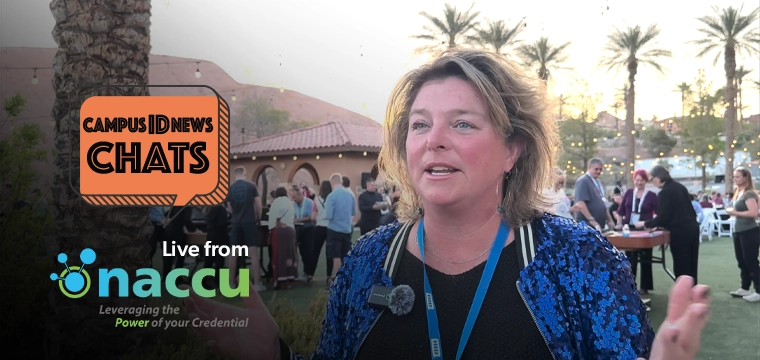
Virtual servers can be installed locally or in hosted hardware and can provide management, portability, recovery and scaling benefits, explains Pawlak.
The virtual route offers more flexibility than other options and can be provisioned without an up-front hardware purchase.
The most recent developments in server technology, however, have taken place in the cloud, giving rise to a new model called multi-tenancy.
In a multi-tenant environment, numerous clients share the same application, running on the same hardware and operating system. The distinction between these clients is established during application design, ensuring that customers don’t share or see each other’s data.
“Clients aren’t required to learn or manage a proprietary software program, rather they define their own business objectives and requirements and work with a service provider to achieve them,” says Donna Franklin, vice president of marketing and communications at CardSmith.
CardSmith heralds this multi-tenant platform, what it calls a shared infrastructure. “It’s creating an economy of scale for customers, as many schools can leverage the one platform,” says Lent.
For some campuses it is impractical to buy a transaction system and then further invest in staff to manage and operate the system. “There’s virtually no economy of scale there; that’s about as expensive as you could do it,” Lent adds.
The “one system for each user” model leads to massive inefficiency. As Lent explains, processes, infrastructures and staff resources are replicated many times over, making for a more expensive model than a multi-tenant cloud platform where administrative costs are distributed across hundreds of clients in a cooperative manner.
Institutions have different demands and different populations to serve so the choice of how best to deploy servers is not one size fits all.
Whether an on-premise, hosted or Software-as-a-Service structure, finding the right fit comes down to the application purpose, network infrastructure and the institution’s human resource capabilities.
“A hosted solution can reduce time spent on system maintenance and database upkeep and it can also give universities more flexibility in evaluating systems since they aren’t constrained to solutions utilizing only the type of servers their IT department agrees to manage,” says Read Winkelman, vice president of sales at CBORD.
In addition to its core campus-hosted platform, CBORD offers a suite of hosted add-ons and services that offers universities strong benefits. These include the company’s GET solution for online and mobile account management and ordering and the UGryd commerce solution for off-campus programs.
“Our customers really like the easy access it provides, extending their commerce program without requiring any more resources,” says Winkelman. “The online and mobile format of these services reduces card office workload and traffic.”
Similarly, Blackboard Transact offers certain functions and services via SaaS architecture as a complement to its traditional client-hosted core system.
“We offer SaaS self-service applications as well as on-premise, hosted, and mixed deployment transaction applications,” he explains. “And the increasing desire of institutions to move more applications to hosted and SaaS offerings is leading us to develop more solutions to meet that need.”
For some institutions, it may be appealing to know that their system is being supported and managed by experts. Externally hosted options can alleviate some of the university’s responsibility for security compliance, migrating at least a portion of the burden to the provider rather the campus.
As CardSmith’s Lent explains, “advancements in computing happen at a rapid pace so for mission-critical enterprise services it makes sense to run on the best equipment possible as every few years there is a material improvement.”




